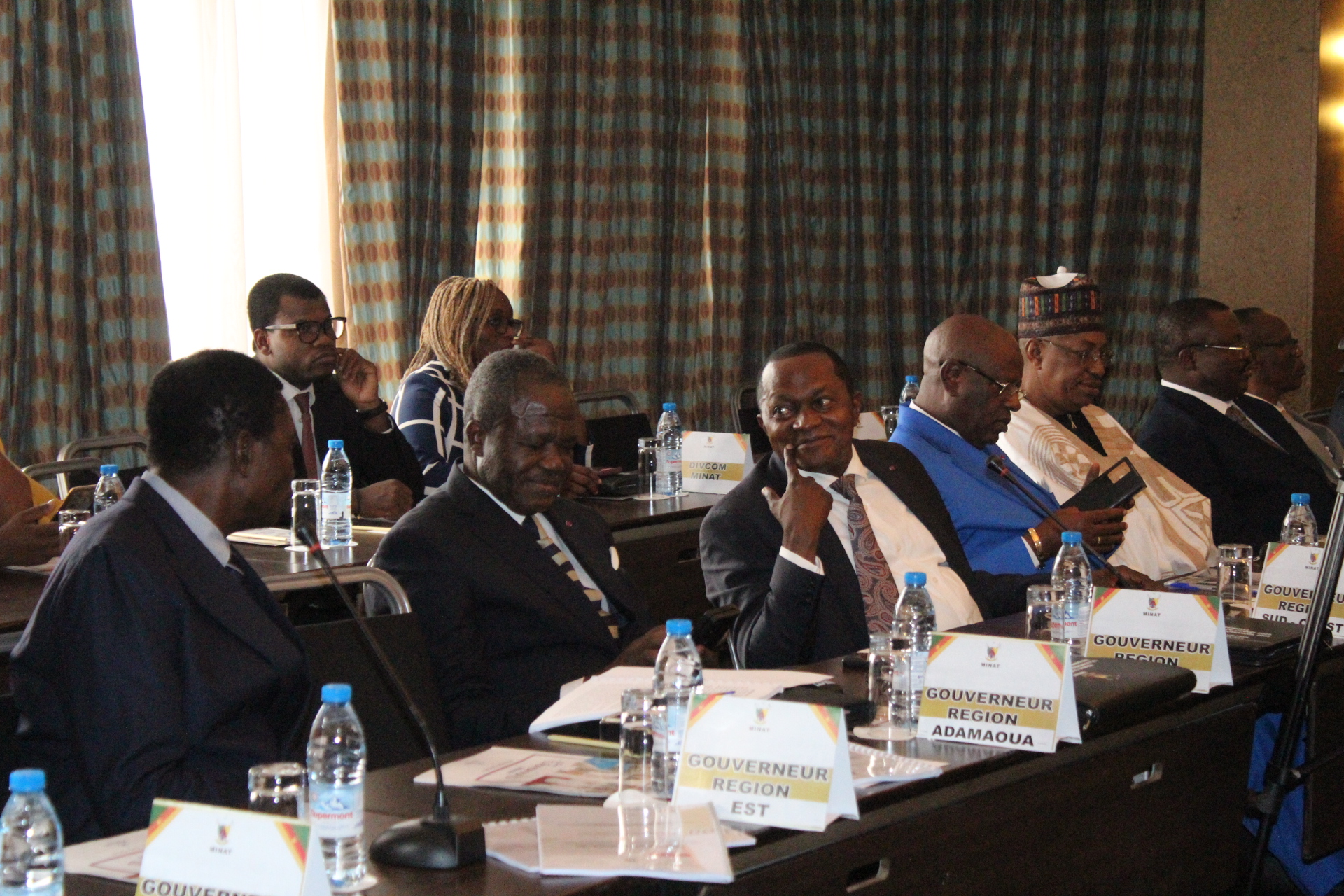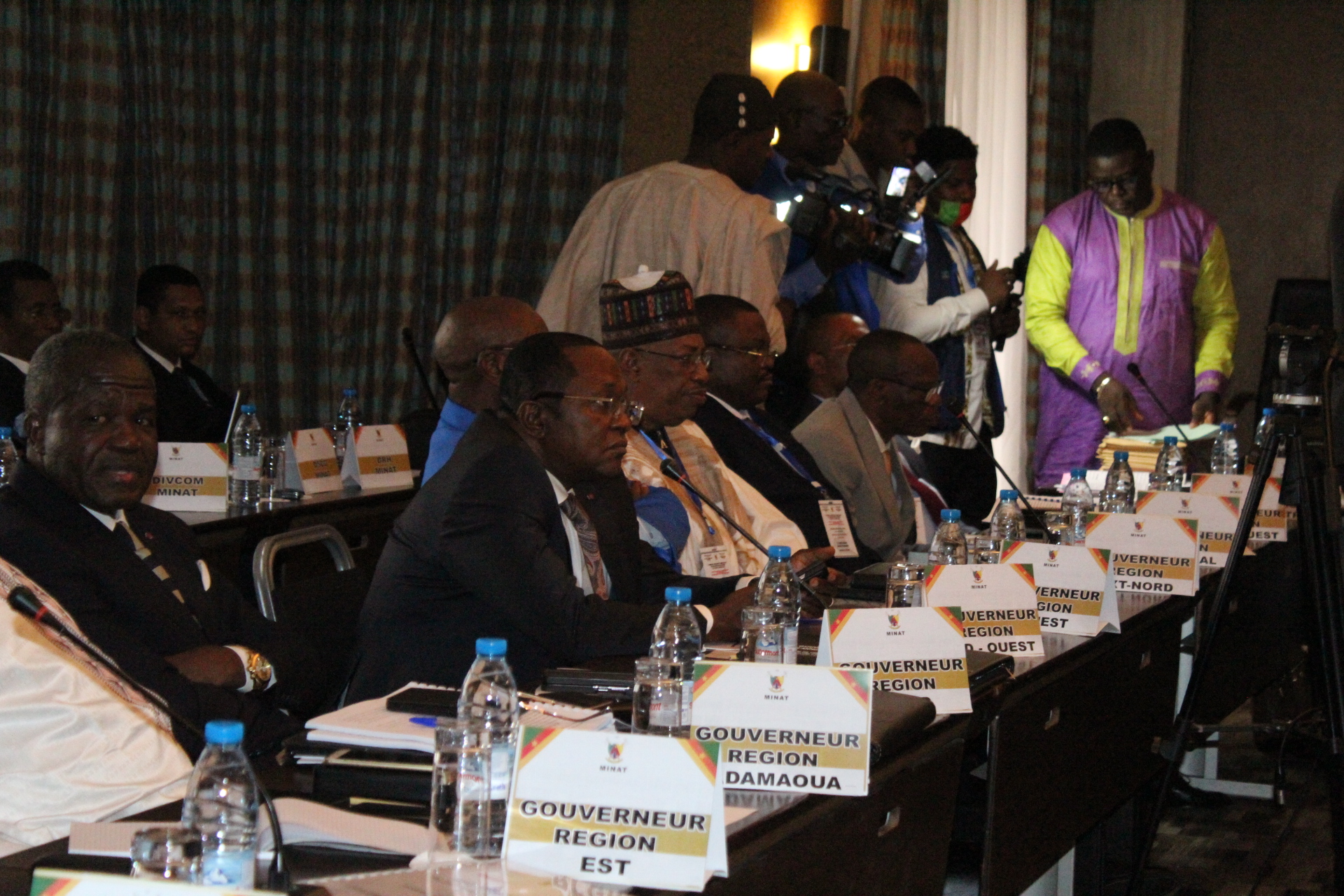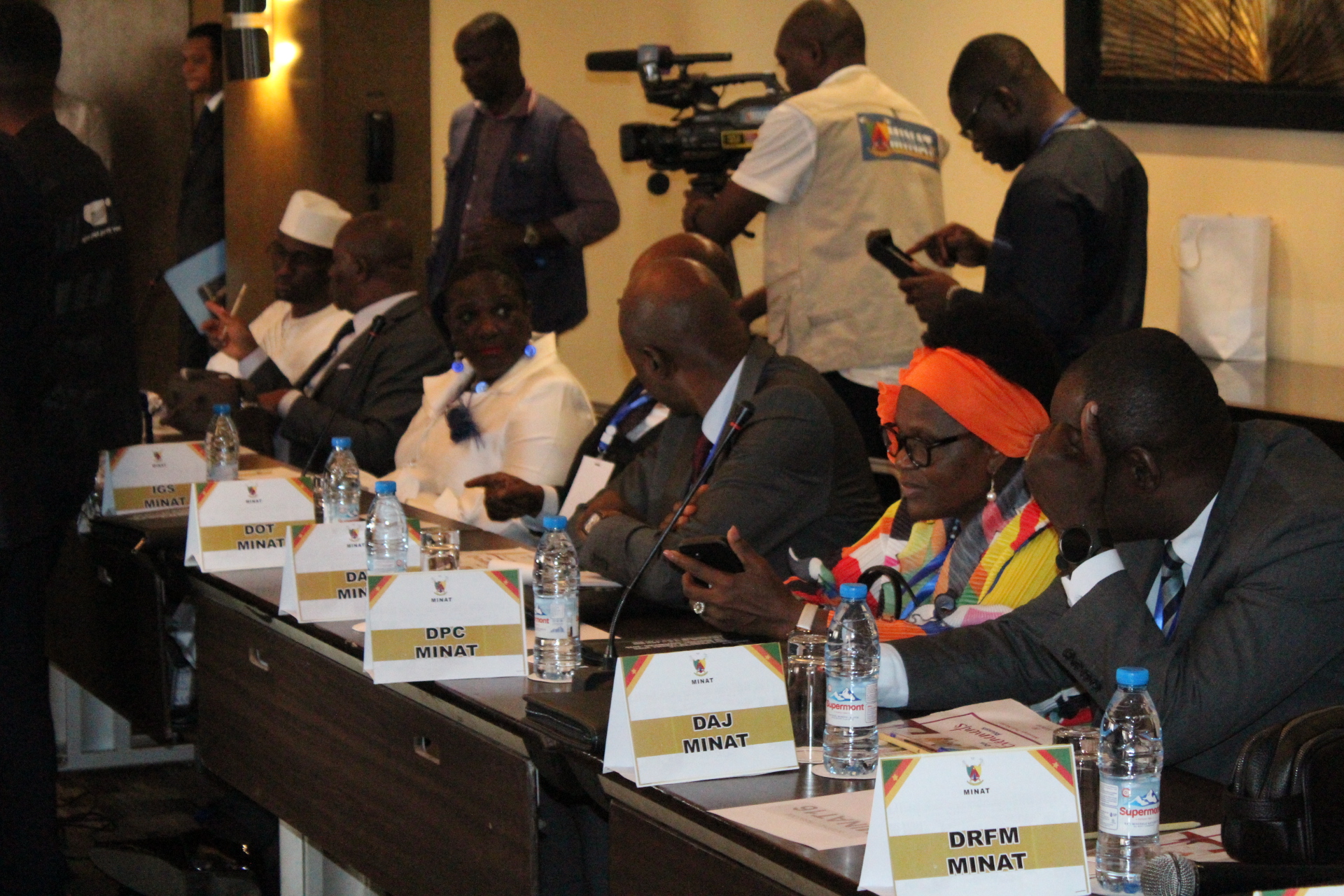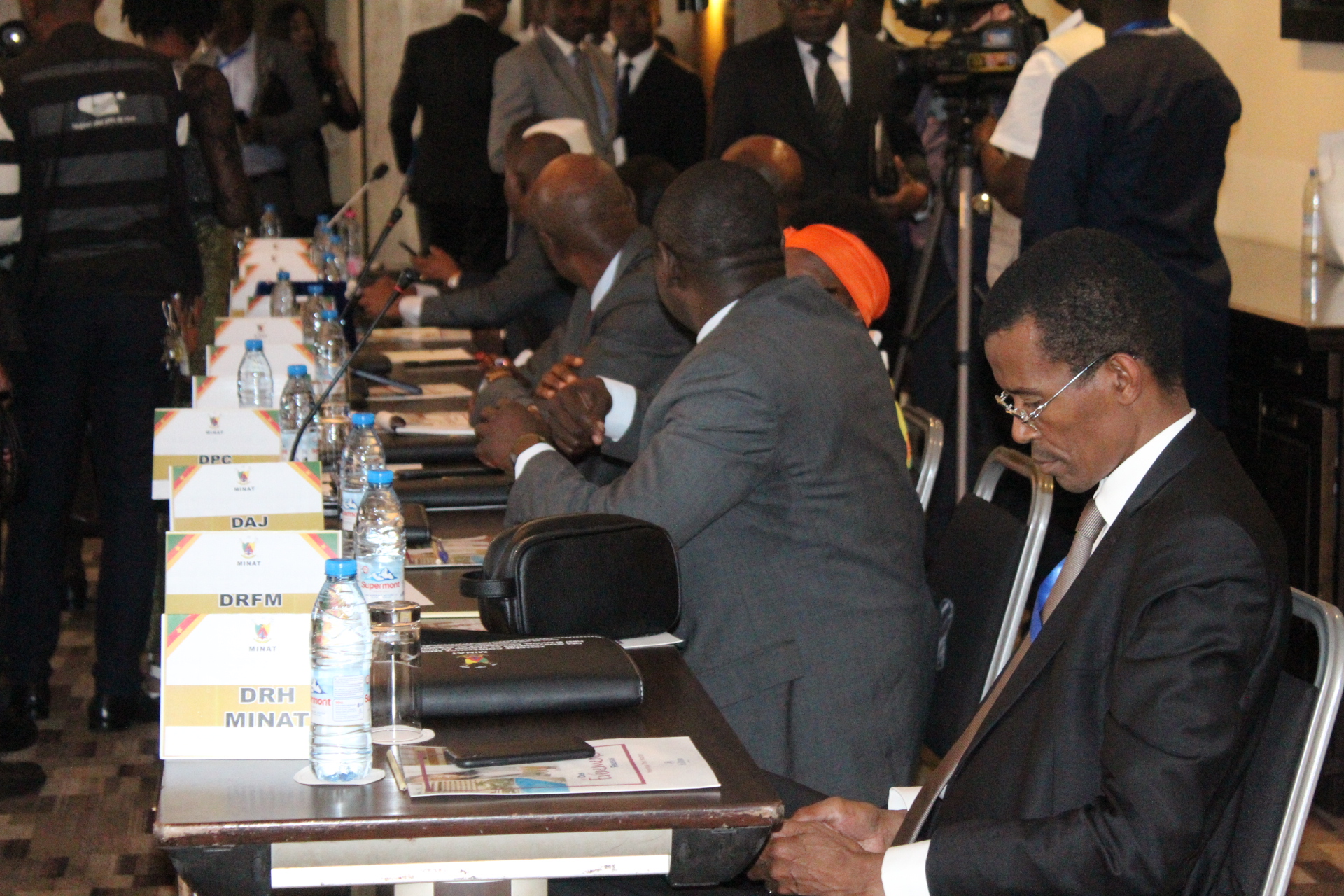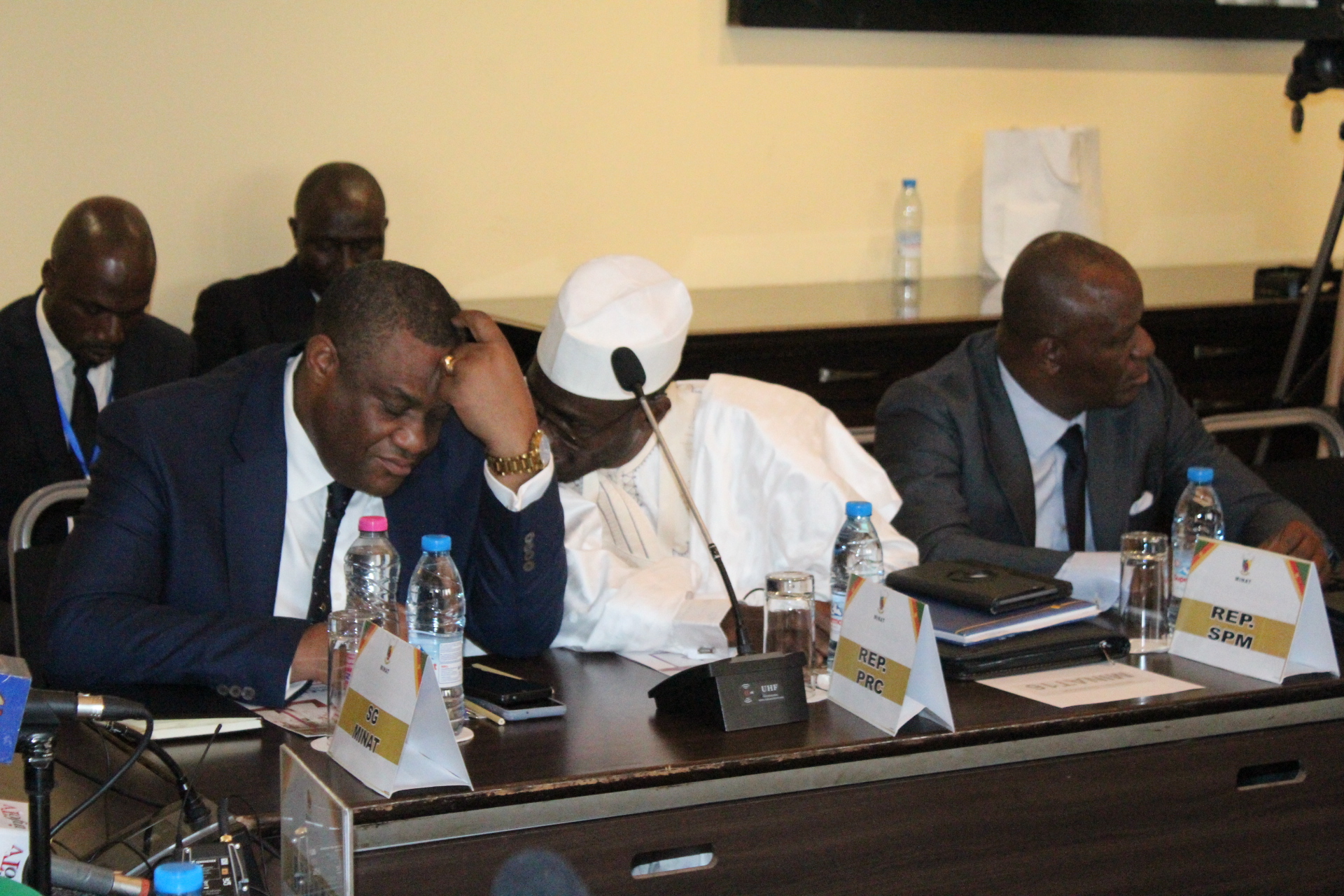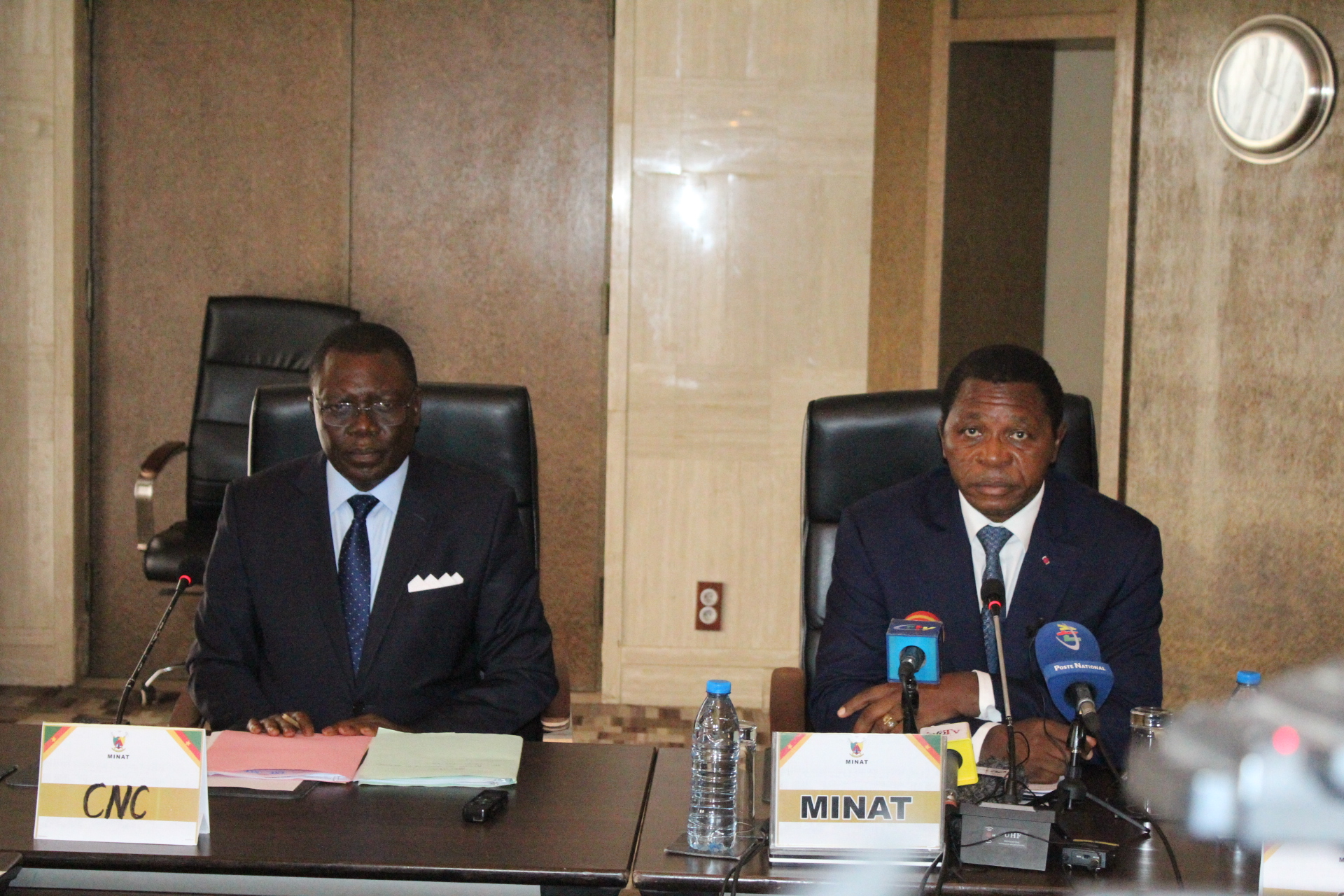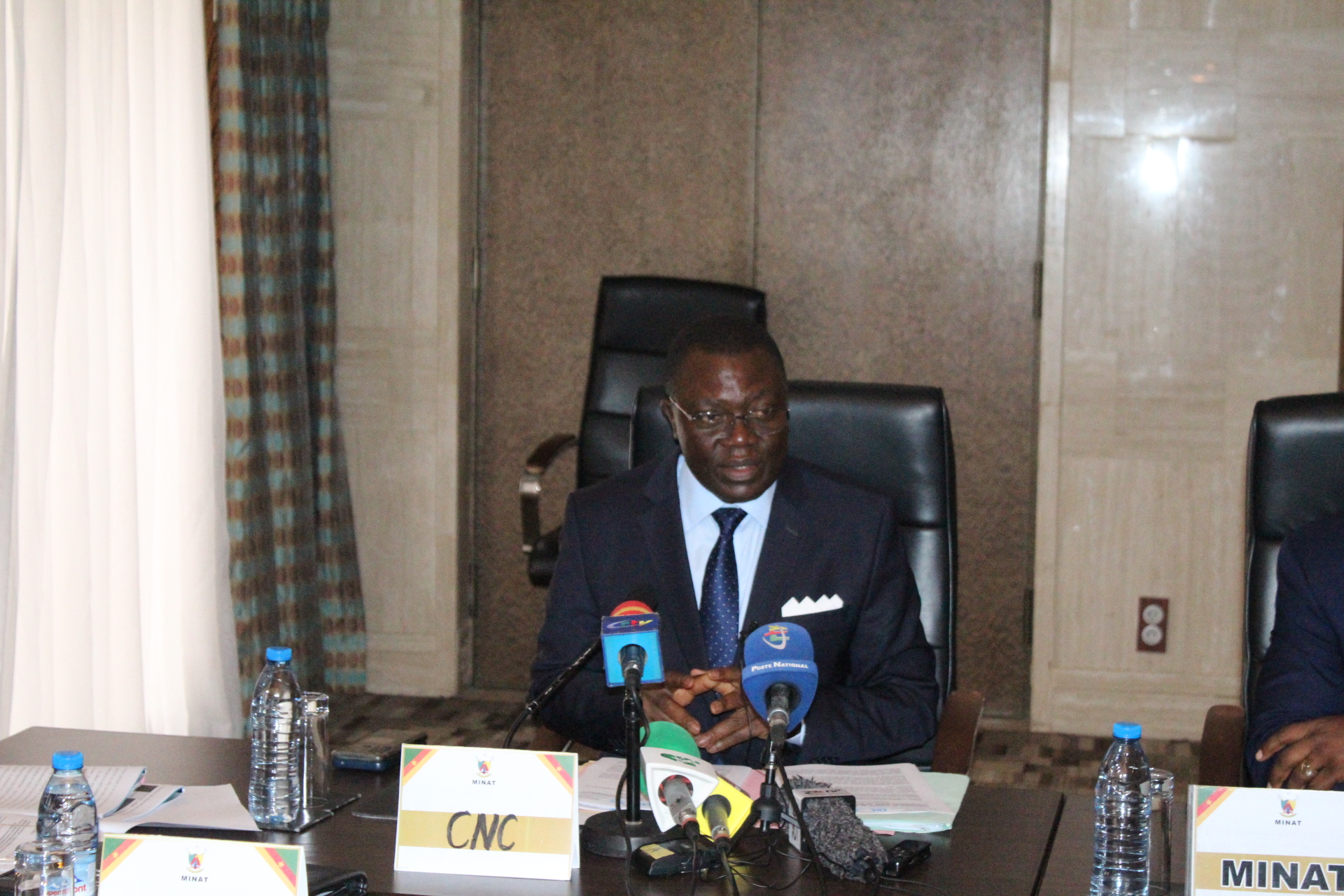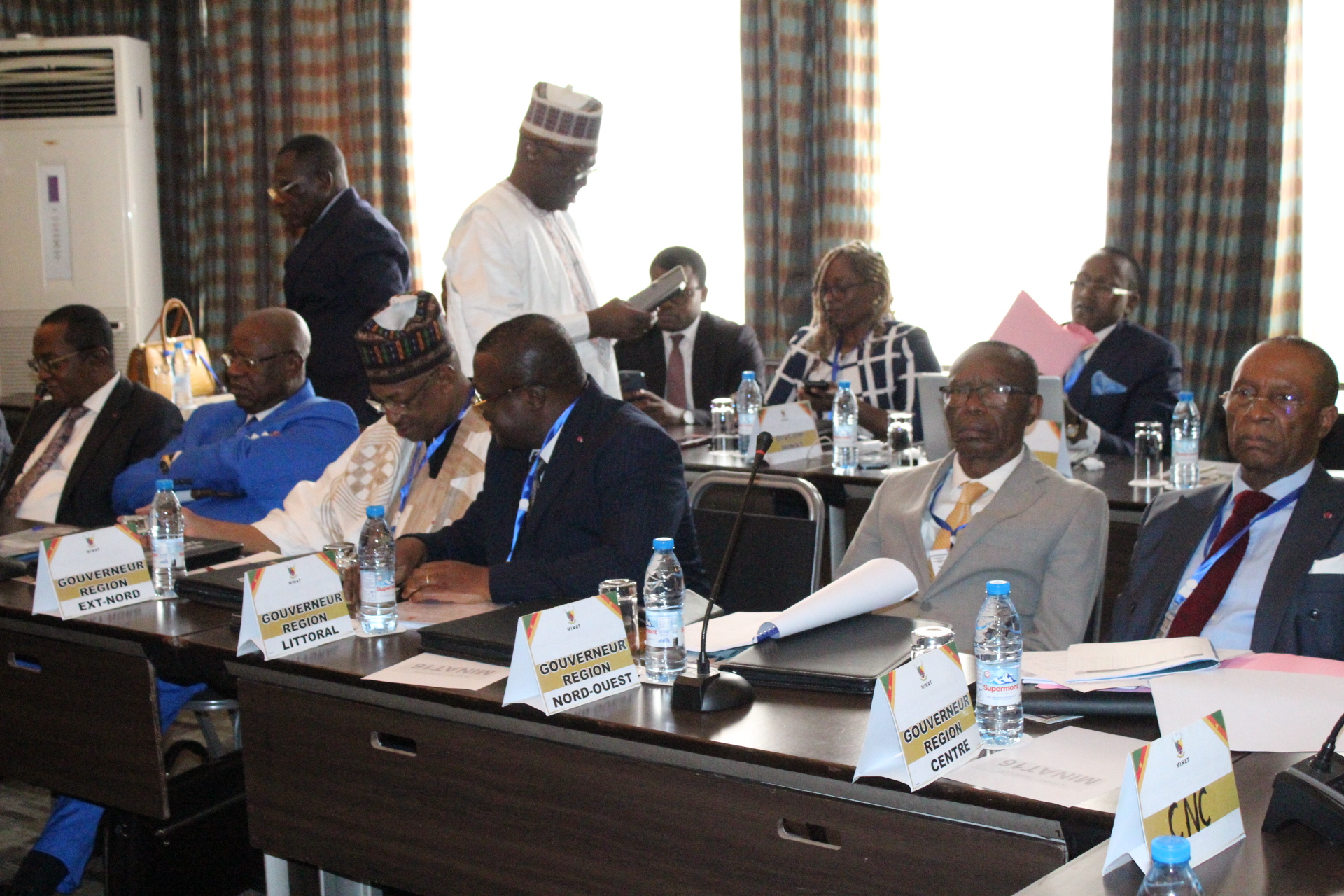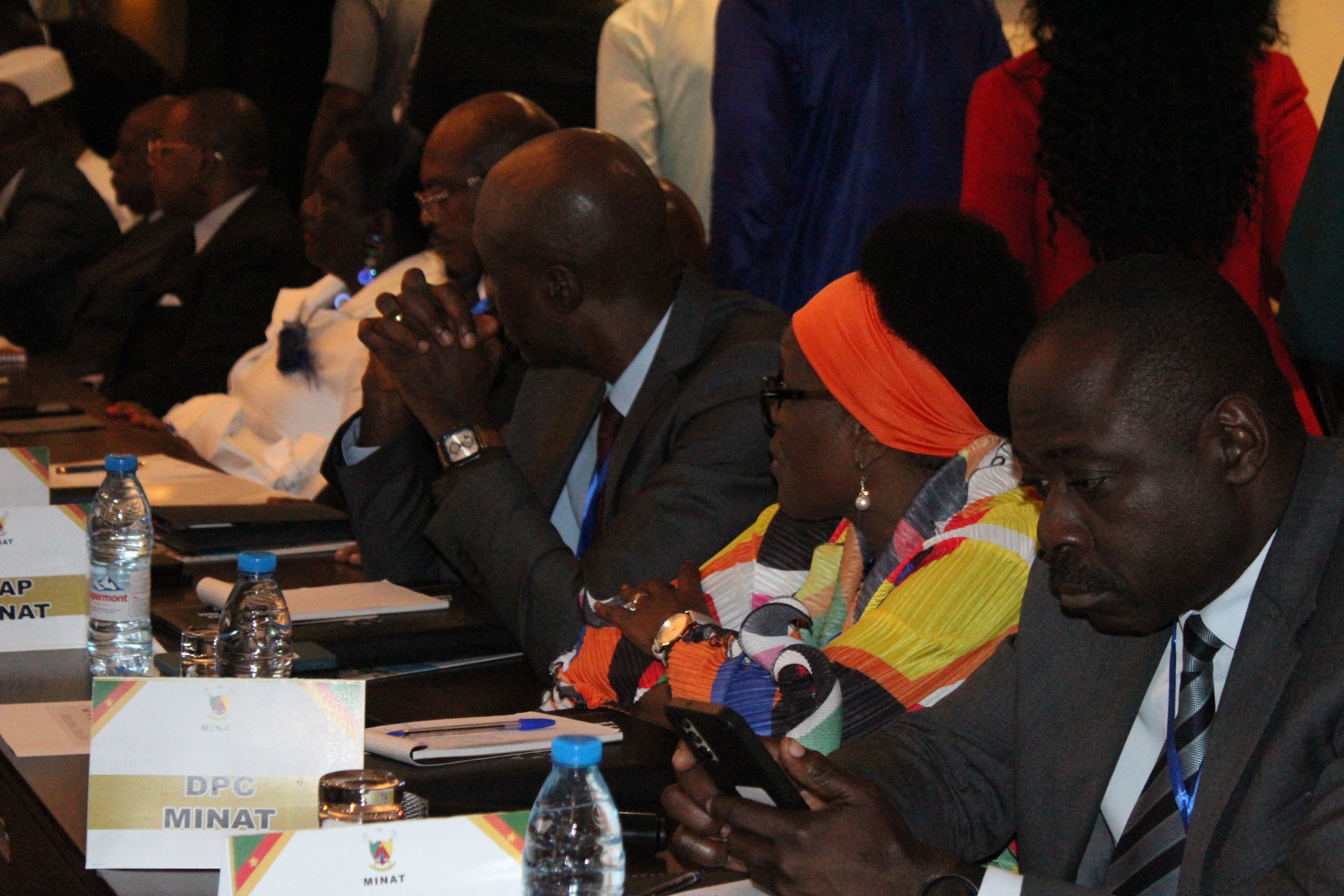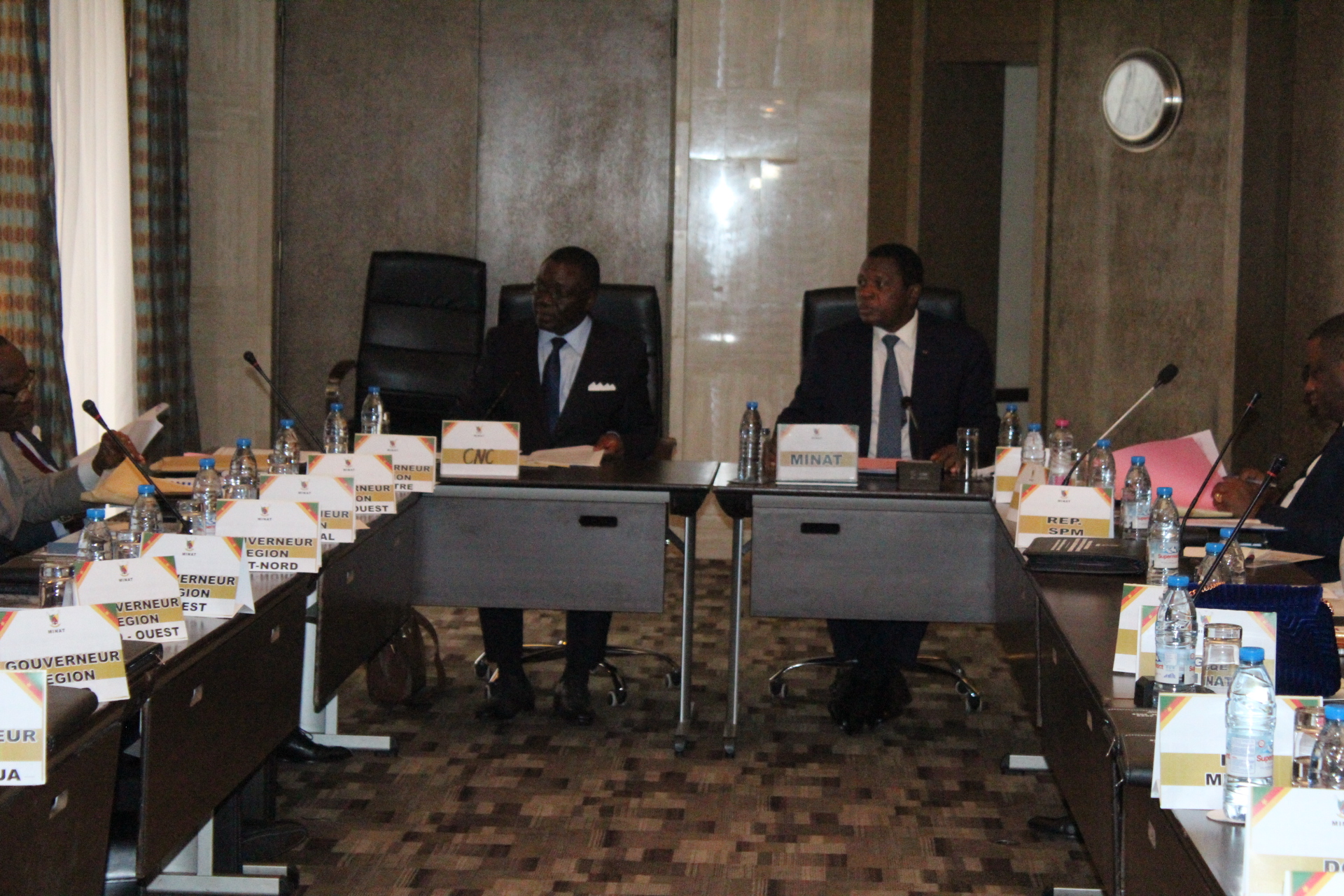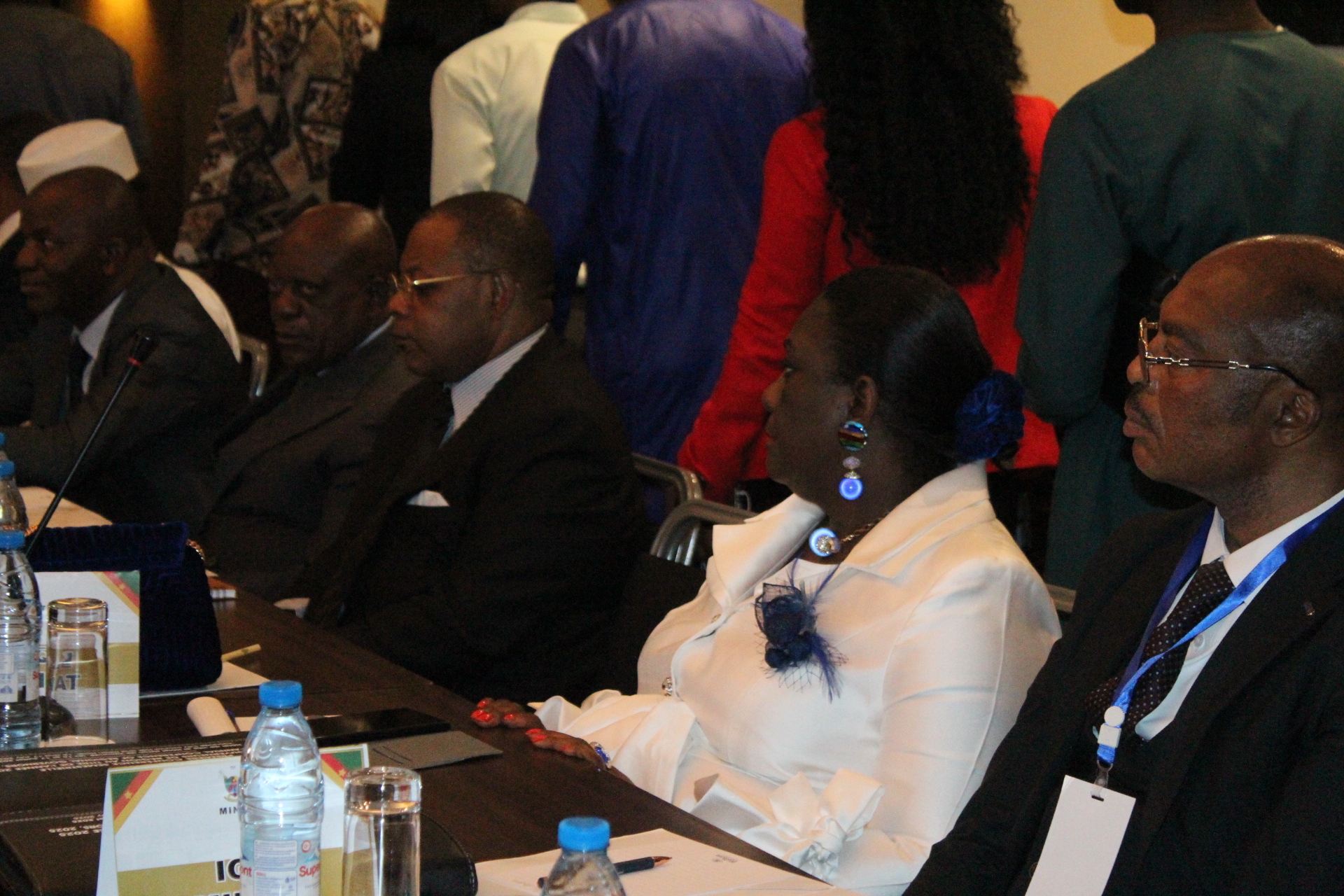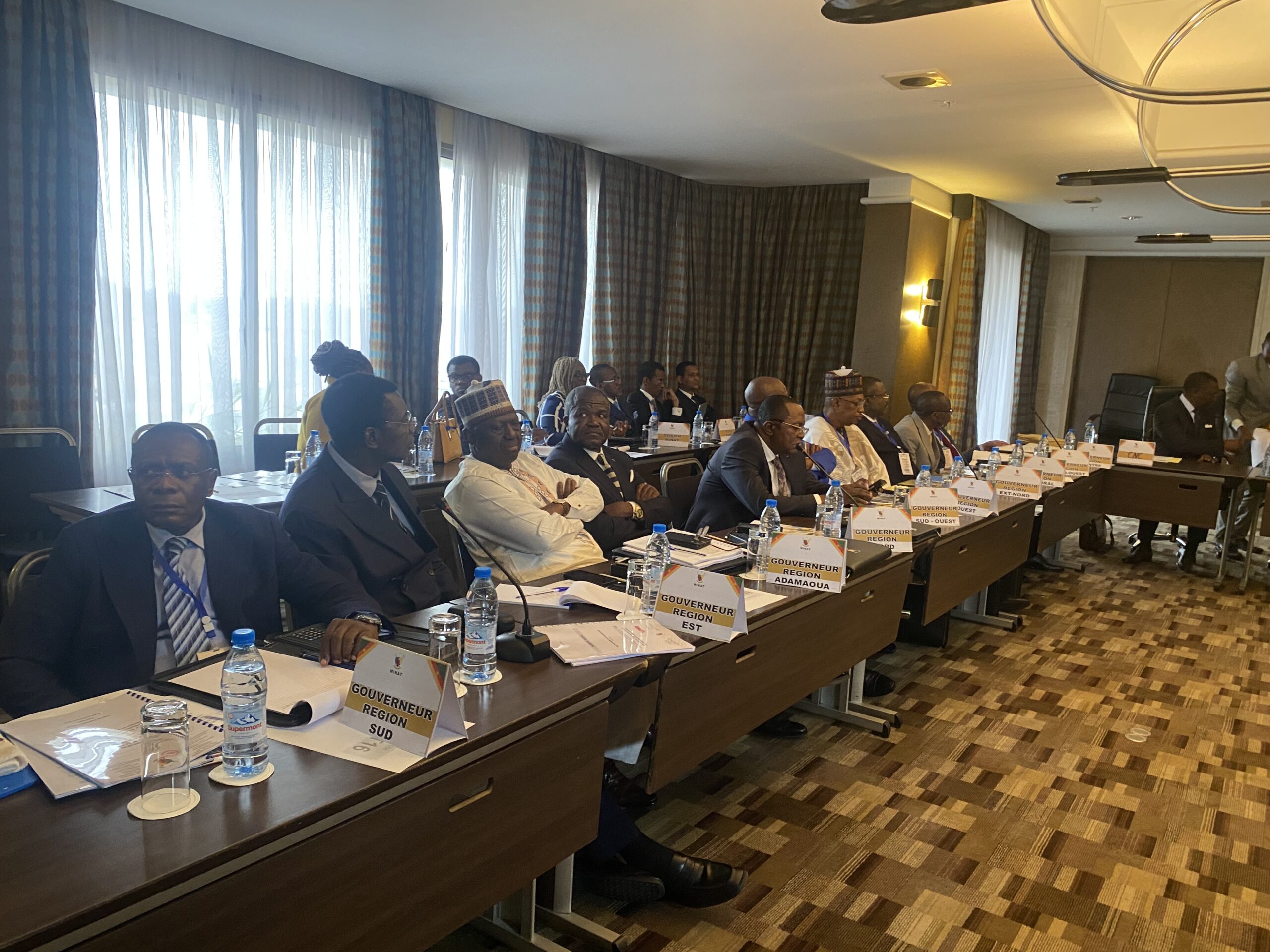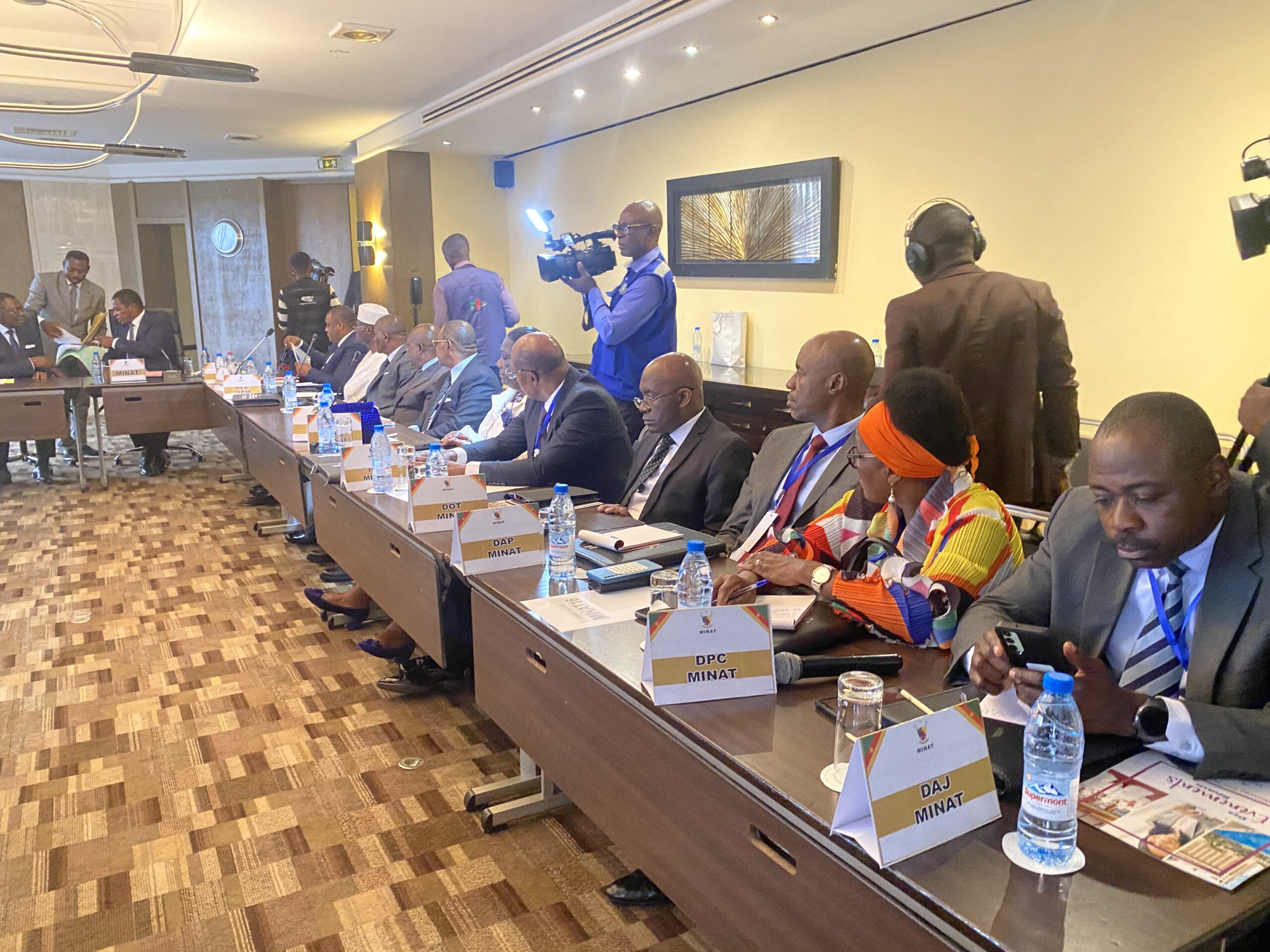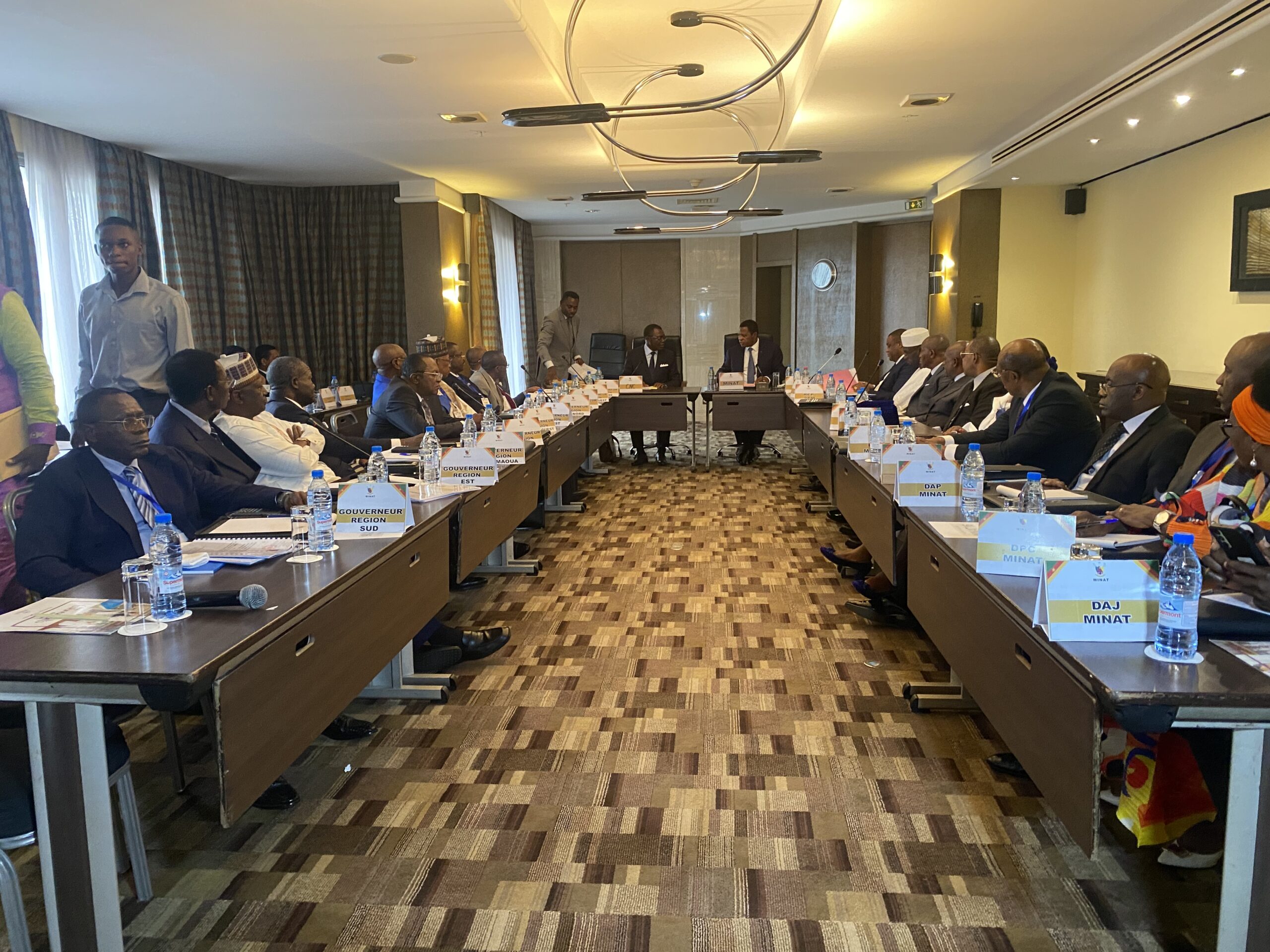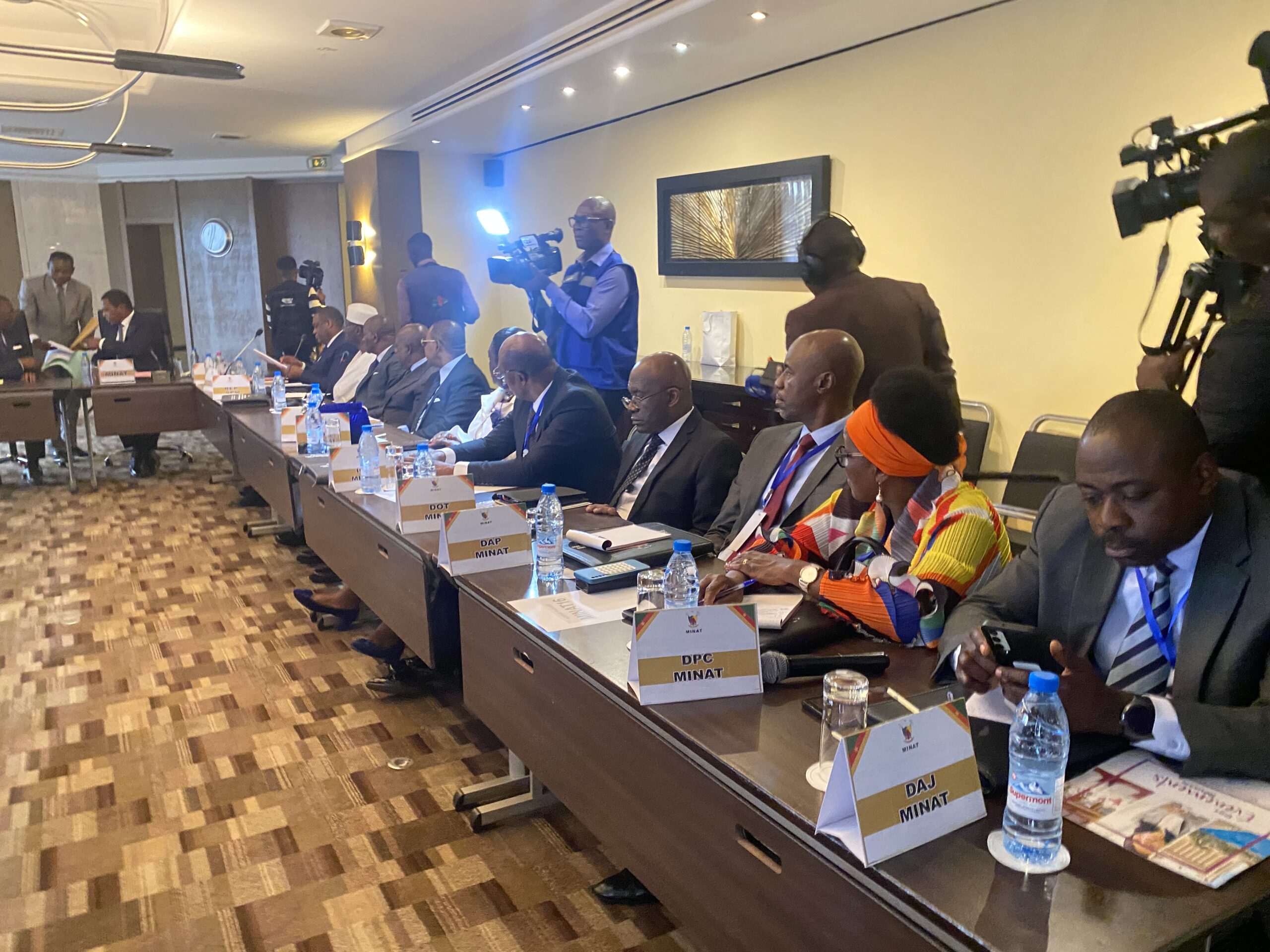The second phase of the 2025 First Bi-Annual Governors’ Conference unfolded this Wednesday, July 17, 2025, at the Hilton Hotel, Yaounde, placing media responsibility and communication ethics at the center of the presidential election scheduled for October 12, 2025. IT was presided over by the Minister of Territorial Administration (MINAT), Atanga Nji Paul, in the company of the President of the National Communication Council (NCC), Joseph Chebonkeng Kalabubsu who addressed the role of the media in safeguarding peace, national unity, and public order. Also present was the NCC Vice President Joseph Janvier Mvoto Obounou and Secretary General Professor Jean Tobie Hond, who collectively sensitised regional governors and media professionals on the urgent need for ethical journalism and responsible communication during this politically sensitive period. MINAT Boss said “Irresponsible pronouncements will be treated with the full rigour of the law.”
With 764 legally registered newspapers, 95 television channels, 128 commercial radio stations, 169 community radio stations, and 72 online media platforms, Cameroon enjoys one of the most vibrant media ecosystems on the continent, according to the president of the NCC. However, this pluralism, while a sign of democratic vitality, also constitutes fertile ground for misinformation, hate speech, tribal incitement, and digital manipulation. Chebonkeng Kalabubsu reminded stakeholders that in this era of the “information superhighway,” where messages travel at lightning speed via social media, unchecked content can quickly inflame tensions, disrupt social harmony, and jeopardise national stability. The NCC, under its regulatory mandate conferred by the Decree of January 3, 2012, has already taken concrete steps to counter these threats. These include, since 2021, the publication of 35 general educational press releases, 13 formal notices to owners of print or audio-visual media organs, and 95 decisions sanctioning journalists, just to name these.
They have the production of a detailed bibliography of media outlets across all the regions of the country. The initiation of strategic partnerships with global tech giants like Meta and TikTok to better monitor and moderate digital content in real time. “What is illegal offline is illegal online,” NCC President Chebonkeng firmly asserted. “We will not tolerate the use of media to promote tribalism, disinformation, or calls to insurrection. Every journalist, every publisher, and every platform will be held accountable.”
MINAT and the NCC emphasised that freedom of expression, though enshrined, must operate within the law and ethics. Minister Atanga Nji warned journalists that invite guests with hidden agendas saying they will be held equally accountable for any inflammatory rhetoric broadcast under their supervision.

